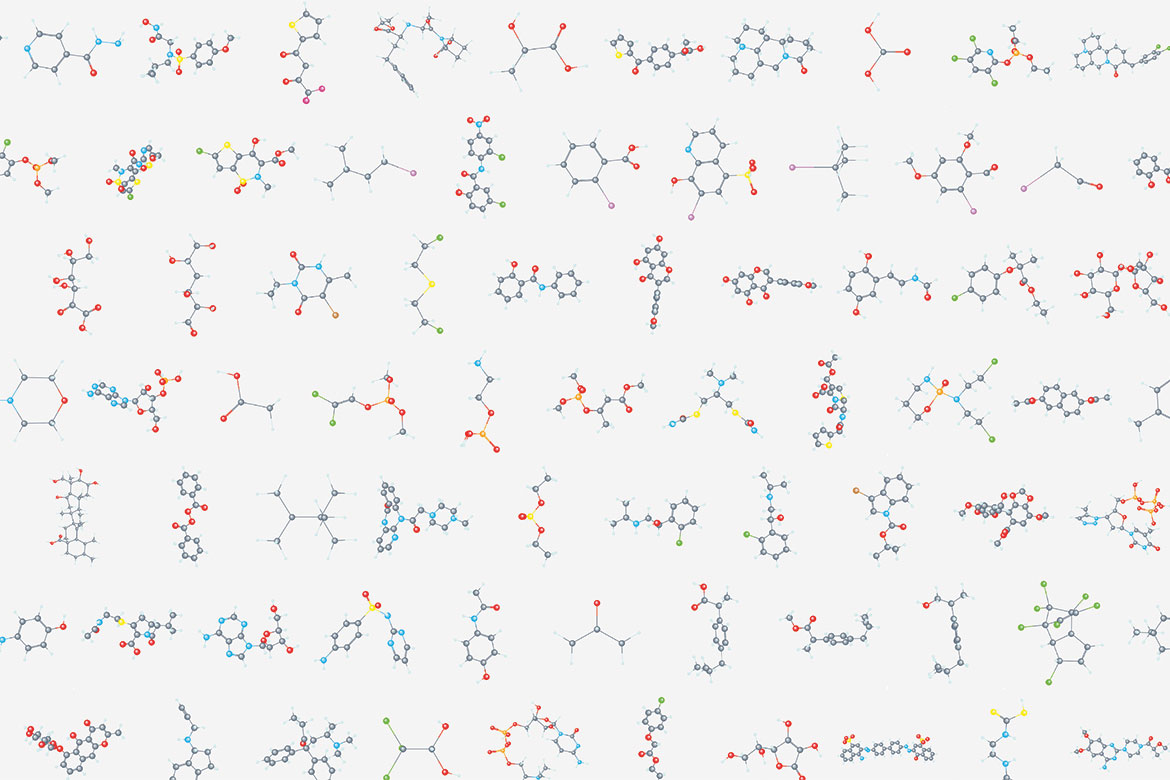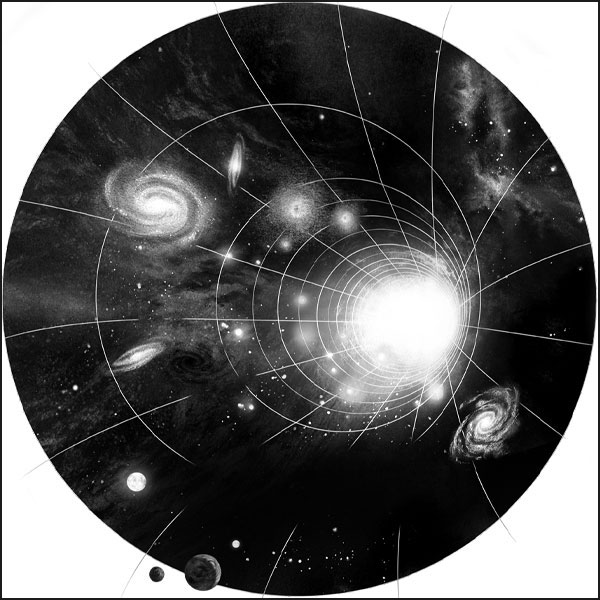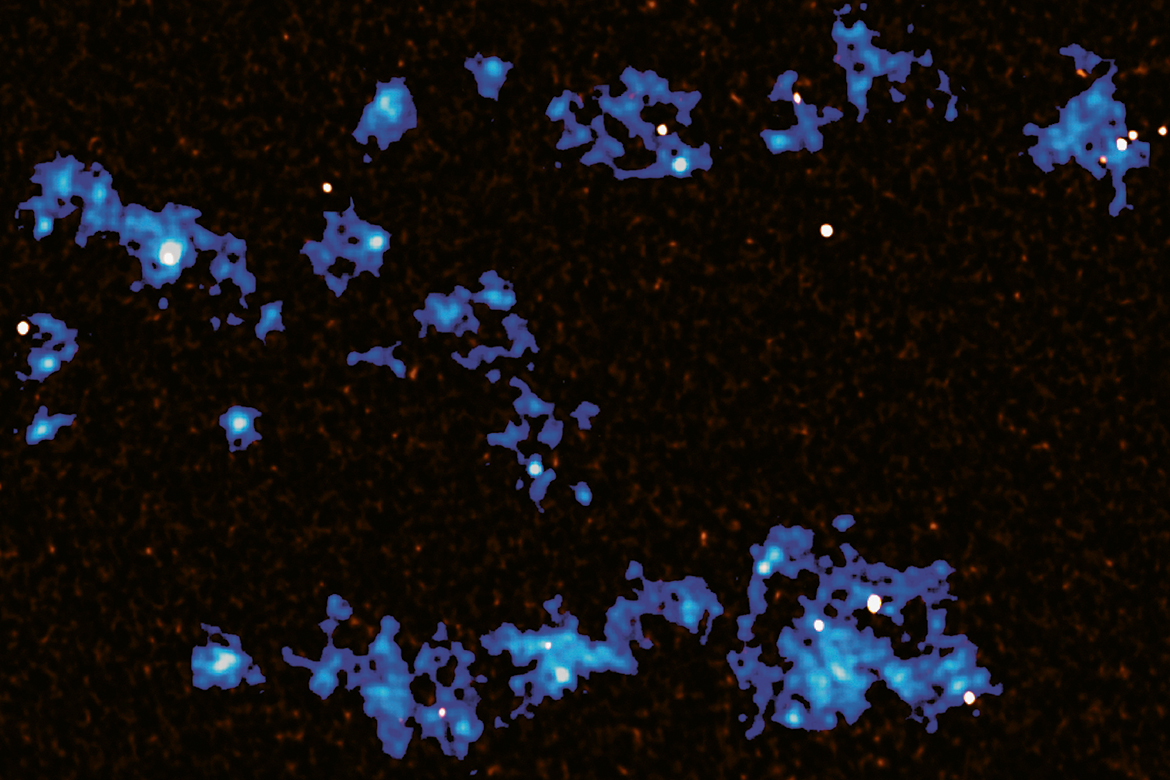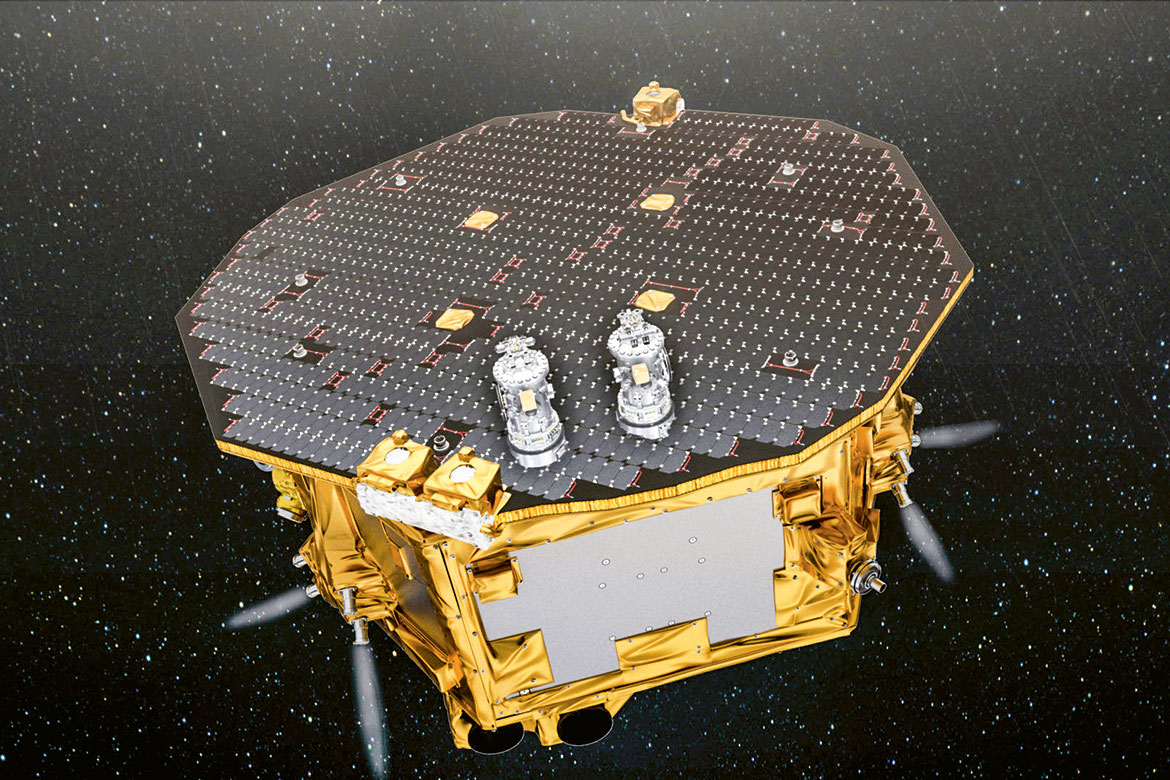Feature: Belief in science
Life, the Universe and Everything
A theologian who isn’t much interested in God, and an Alzheimer researcher who defies all setbacks to believe things will still go well. Researchers here look at the boundary between knowledge and belief.
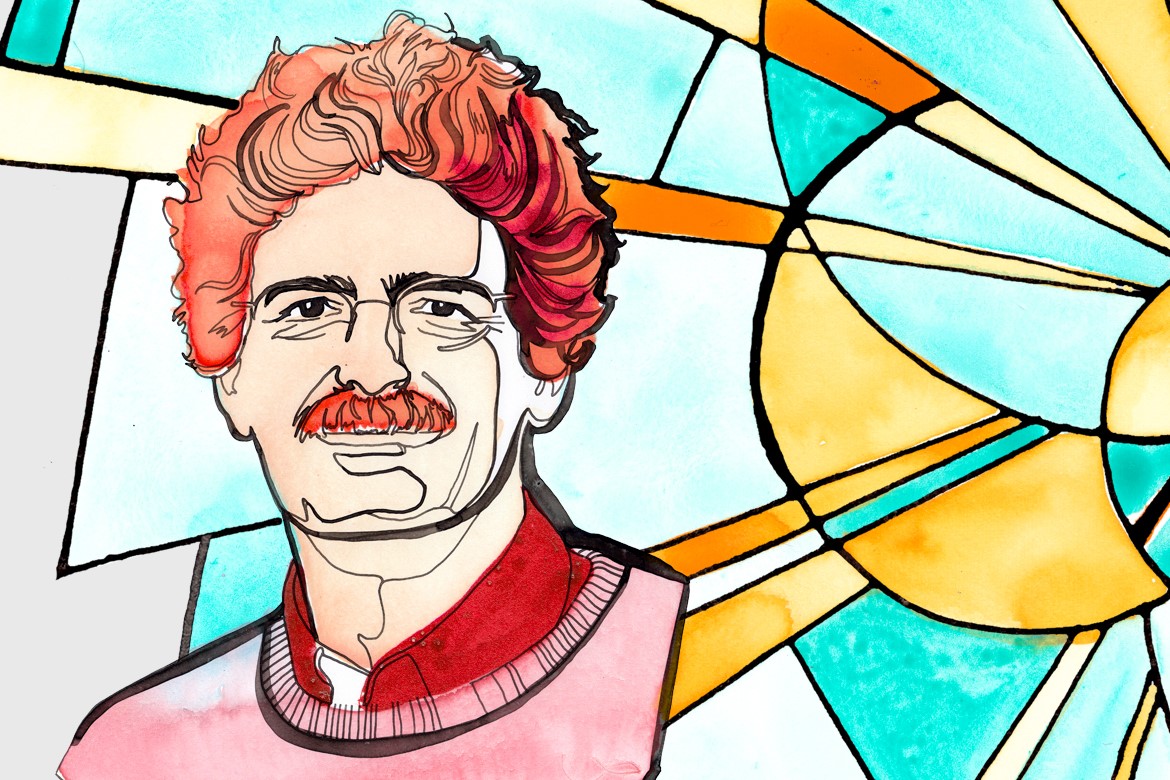
Christoph Uehlinger, professor in the history of religions and comparative religion | Illustration: Irene Sackmann
EARLY CAREER GOAL: MONK
“People are wrong to assume religion is only about the really big questions”
“As a young man, I toyed with the idea of becoming a monk. Back then, I was in close contact with an international ecumenical community of monks. But scientific thinking interested me just as much, so I started to study theology. Then 16 years ago, I was becoming more and more interested in historical issues, so I switched from Biblical studies to religious studies. I am sceptical about the notion that belief in a transcendent power might be the most important component of a religion. I also think it’s a misunderstanding when people assume religion is only about the really big questions. I am fascinated by how many variants there are to religion and faith, and what role practising religion can play in the smaller things. When visiting a monastery in Cyprus, for example, I was fascinated to observe people who queued for a long time just to be able to touch an icon of Maria. Its silver covering is regularly polished with little wads of cotton wool, and you can procure these afterwards, when they’re put in little plastic bags. I carried such a bag around with me for a long time, without placing any real importance on it, but just as a reminiscence of what I’d encountered. What I personally believe has nothing to do with my academic work. As a religious scholar, I am duty-bound to adopt a methodological agnosticism”. cu
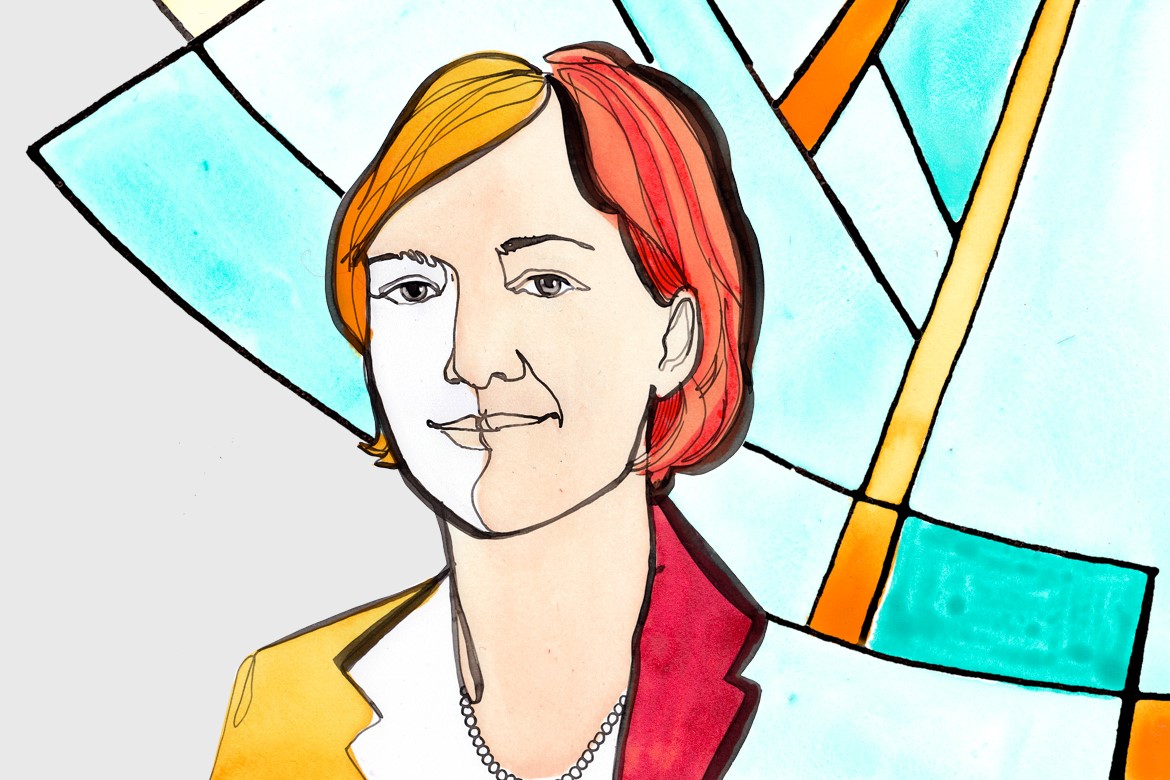
Jessica Peter, psychologist | Illustration: Irene Sackmann
COPING WITH UNANSWERED QUESTIONS
“I still believe in progress in Alzheimer research”
“When you’re researching into Alzheimer’s, you’re often confronted with setbacks and frustration. We still don’t know the precise origin of the disease, which is really difficult to cope with. My research is about the ageing processes in the brain and their impact on the memory. I am also trying to develop interventions to support memory processes. For example, we work with non-invasive brain stimulation in order to improve cognitive functions. Despite a highly promising start to our work, we have up to now been unable to find any significant effect on memory processes when using this method on Alzheimer patients. I try to deal with such disappointments by engaging in dialogue with my colleagues. Conversations with other researchers often lead to explanations or provide new approaches. Alzheimer’s is a very complicated disease, and we can only investigate a small part of it at any one time. That means it’s demanding work, but it’s also exciting. This research field remains a challenge precisely because there are still so many unanswered questions”. jp
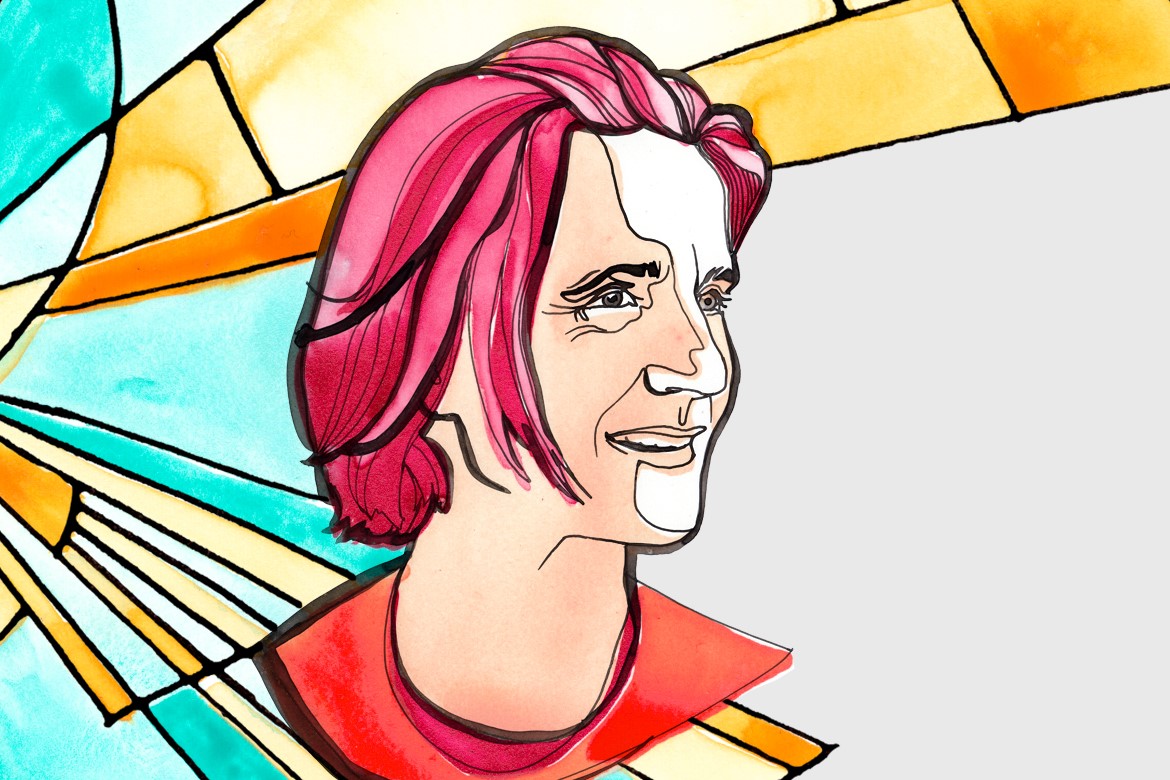
Daphne Bavelier, neuroscientist | Illustration: Irene Sackmann
EXPERIENCE BRINGS PRESUPPOSITIONS
“There is no such thing as absolute objectivity”
“Science isn’t about belief. But I believe in the scientific process, at the core of which are verifiable results. In the course of our study on brain plasticity, we found that action games strengthen cognition. I got a lot of disbelieving feedback about that. These games had an even worse reputation 15 years ago than they do today. Some journalists from the USA even rang me at home during the night. I was able to deal with this vehement response because I believe in science and was able to rely on the facts. But at the same time, I know that as a researcher studying the human brain, none of us is free of certain presuppositions, and there is no such thing as absolute objectivity. Our brain is constructed so that it can assess new things on the basis of existing experiences. What concerns me is how difficult it sometimes is today to bring scientific truths into the public debate, even in topics that have to do with facts, not with belief”. db
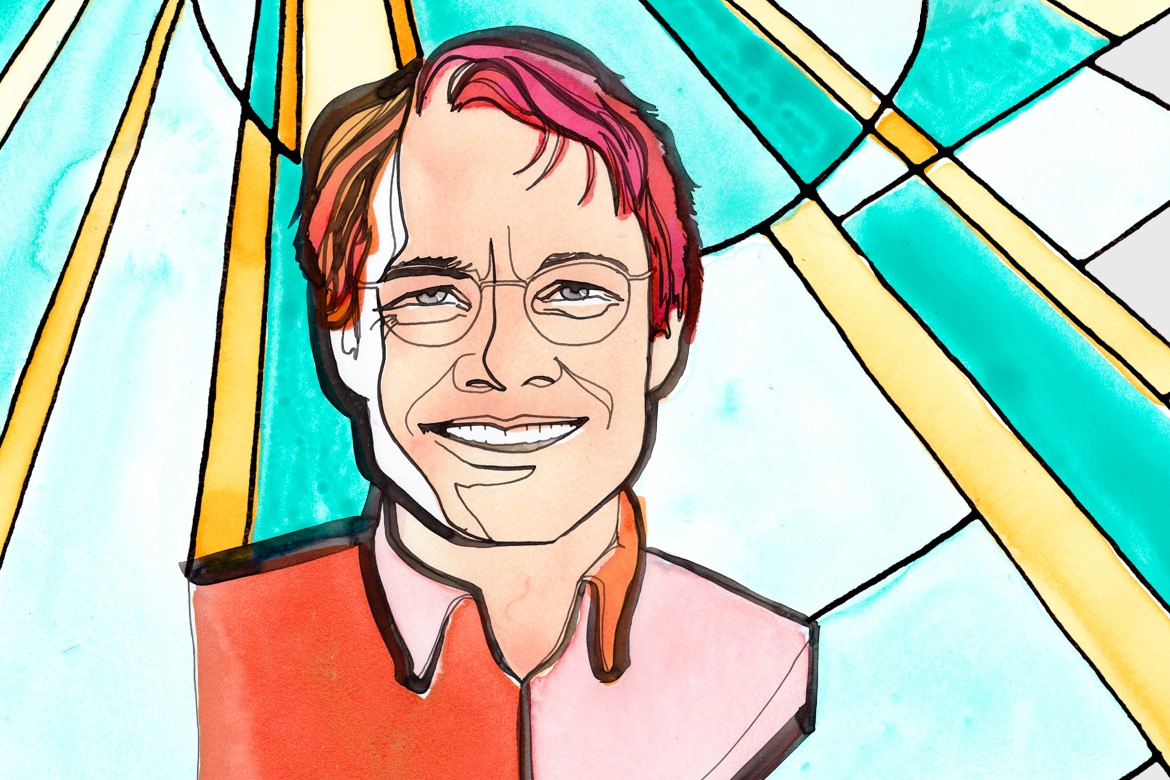
Conrad Gähler, building services engineer | Illustration: Irene Sackmann
COMPLEMENTARY PERSPECTIVES
“For me, religion asks about the meaning of the world; the natural sciences don’t do that”
“Science and religious belief are not a contradiction to me. Instead, they are two complementary worldviews that seek answers to different questions. The natural sciences are a basis on which to understand processes in nature and technology, and to develop technological solutions. For example, if I’m working on more climate-friendly solutions in building-services engineering with my students, religion has nothing to offer. It instead seeks explanations about the world, and about what the world means to me. In this regard, by contrast, the natural sciences can offer nothing. The image of God used to be of an entity that can cast aside the laws of the natural sciences as it pleases. But that is obviously no longer tenable today. For this reason, I feel very much at home in the Reformed regional church. To me, ‘God’ is the primary source of things, the profundity of being, and the power for good that works through us and the world. We have to stay in touch with this. And in this sense, a prayer is also a moment of contact with these powers for good”. cg

